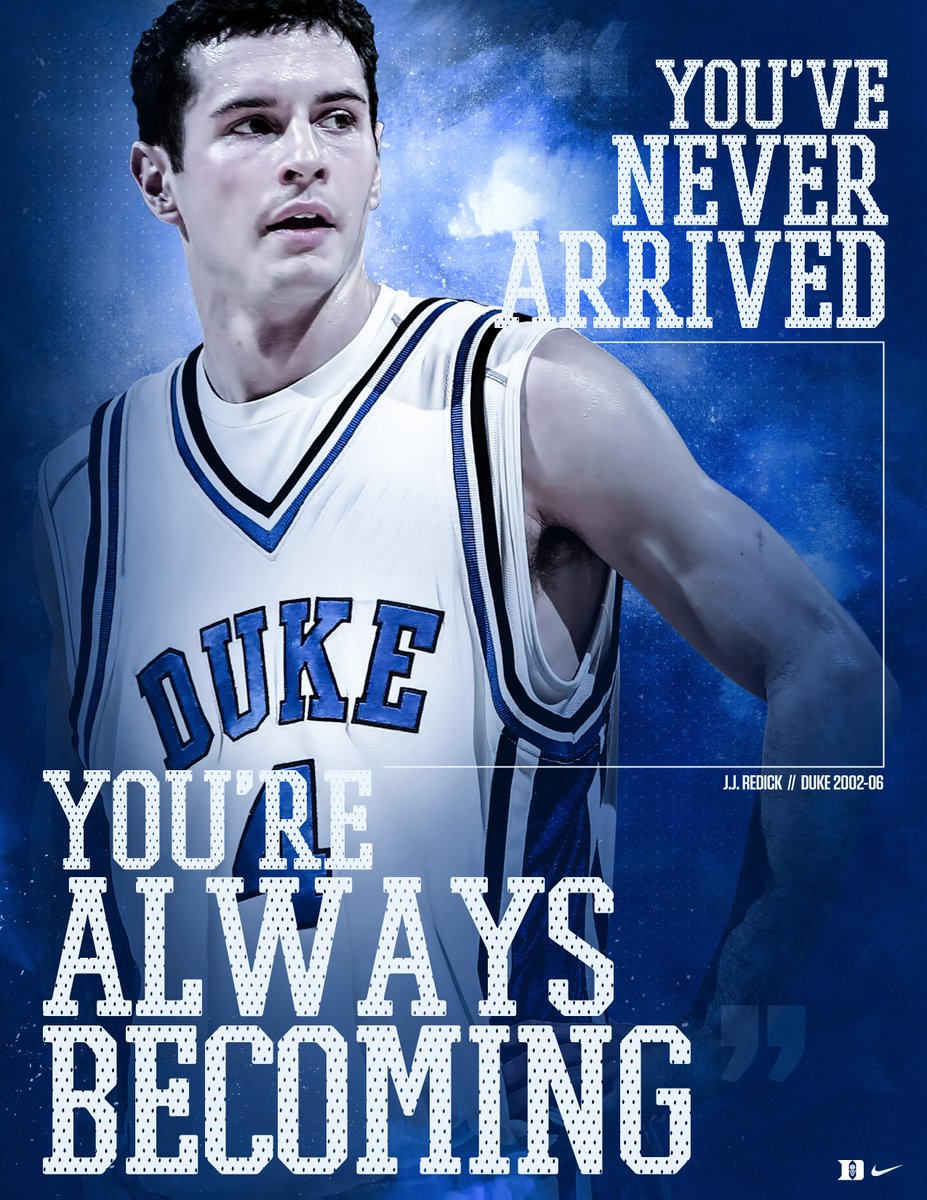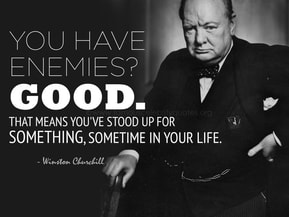Eulogy or Resume - Which is Driving You?
0 Comments
Just Say "I don't know"
Pride: Your Greatest Asset and Worst Enemy
Can You Detach From the Approval of Others?
|
About bcI'm a teacher, coach, and parent seeking excellence while defining success on my own terms. Archives
April 2024
Categories |





 RSS Feed
RSS Feed